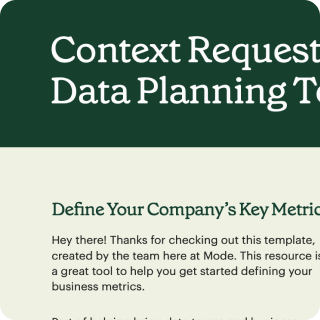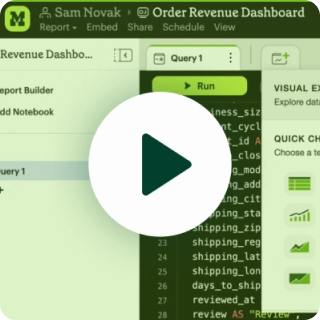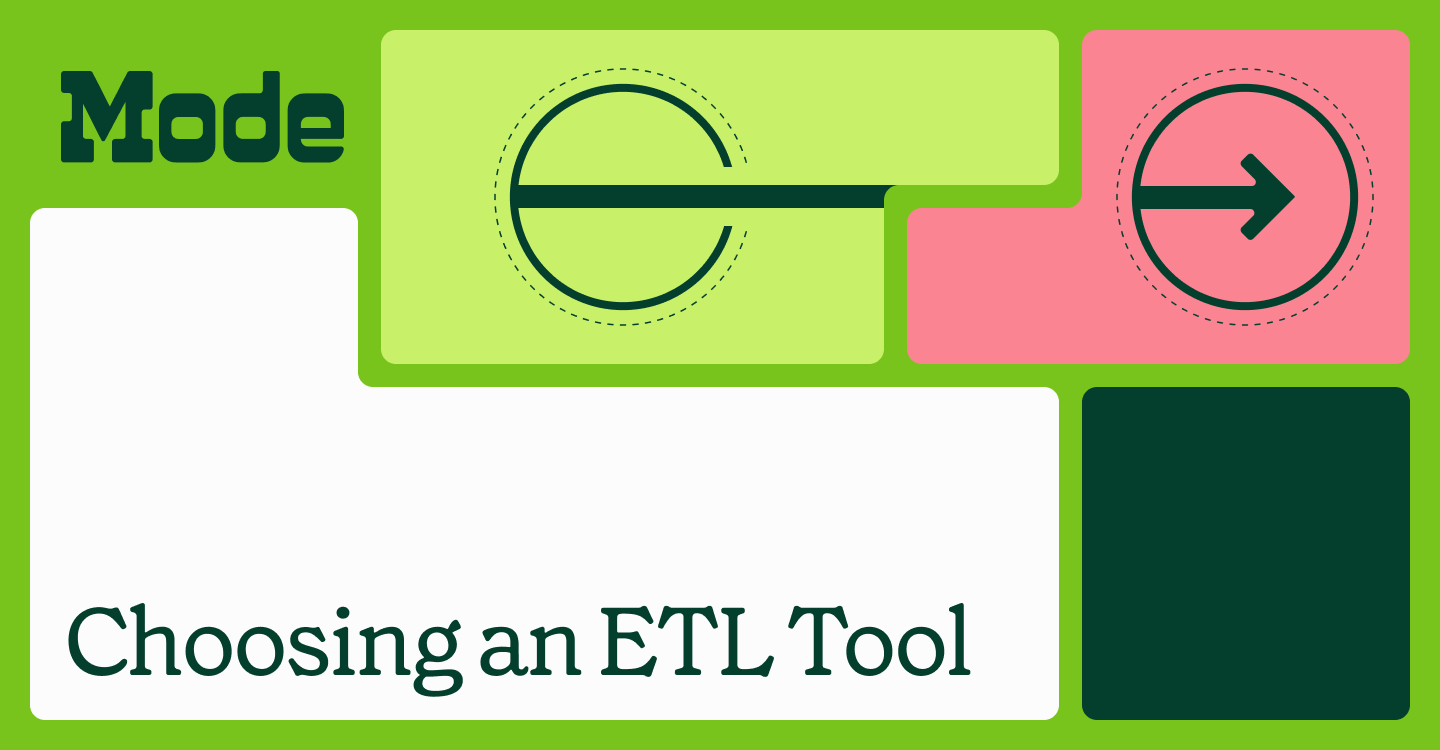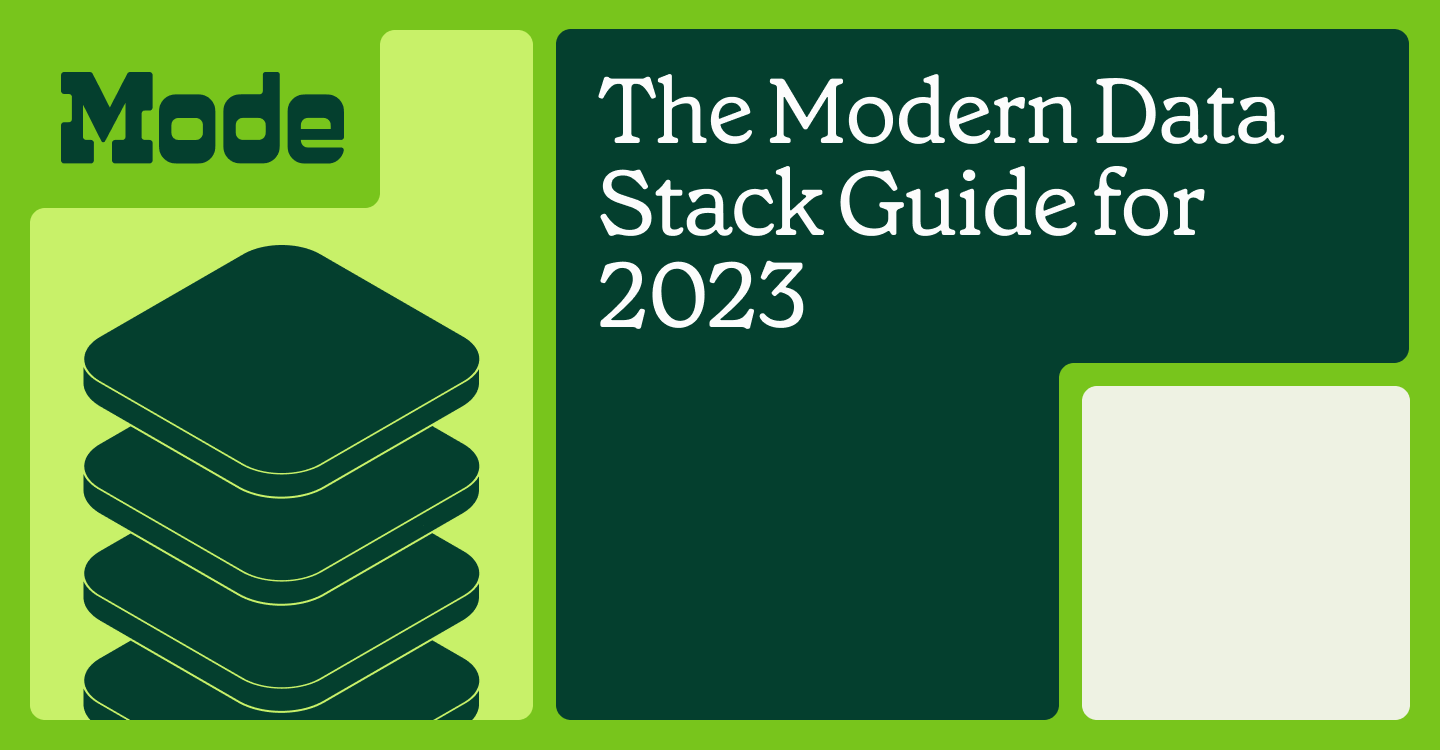When we talk to analytics teams about what they're working on and what big projects are coming up, this is a common refrain we hear:
“Right now, we're working on getting data out to people and making sure everyone has the right dashboards. We also want to answer some of the bigger questions that are causing problems for our business, but it's important that people have what they need first.”
If you find yourself in this position, stop.
More dashboards, more confusion
While this approach seems sensible — first take care of the table stakes, and then start adding value — it's bad for us as analysts, bad for our team, and bad for our company.
Though it sounds counterintuitive, more dashboards often make people less informed and less aligned. A company with a few highly-monitored dashboards can focus on consistent core metrics that drive the success of that business. A company with hundreds of dashboards can't focus on anything. Organizational goals are diluted, and people instead pay attention to personalized pictures of their own corner of the company.
Moreover, “the right dashboards” are a moving target. No matter how many you build, the requests for dashboards won't stop. There are always new products, new marketing campaigns, and new business goals that “need” new dashboards. As long as your company is growing or changing, there will be new metrics to monitor.
Tell a story
By chasing this demand for dashboards at the expense of solving other problems, we waste our real skills and make ourselves less relevant. Our job is to help people and our organizations make better decisions. Our value comes not just from providing data, but also from finding and presenting the story that data tells.
When we ship a dashboard, we can't tell that story. We forgo our opportunity to be analysts; our impact ends with the data pull. The dashboard is a handoff, as if to say, “you take it from here.”
In some cases, that's the point — core metrics need to be monitored, and analysts can't and shouldn't be involved in every interpretation of them. But if dashboards are the most common thing we deliver, other people will stop seeing us as problem solvers and will start seeing us as people who fetch data. As analysts, we have lots of tools for helping people. But to paraphrase the old saying, if all we do is nail things, people are going to assume all we've got is a hammer.
Stay disciplined
The best teams I know are highly disciplined about building dashboards. They keep everyone focused on the metrics that truly matter to the business. (Learn how Mode created a suite of core dashboards.) When they get new questions, they work to relate them to those metrics, make sure they understand which decision the questions can inform, answer them collaboratively, and record what they learned. If the same questions keep coming up and clearly contain an important indicator for the business, then — and only then — is a metric canonized into a dashboard.
By preventing metric bloat, great teams keep their companies better aligned.
By not fighting to keep up with demand for dashboards, they have time to focus on more impactful (and interesting) questions.
By making clear that they're a team for helping solve problems, they're directly involved in the most important decisions.
Though it may not seem like it, the choice between building dashboards and doing analysis is often a mutually exclusive one. In the end, the type of analyst you become depends on the type of work you do. If you want to solve problems, solve problems.






